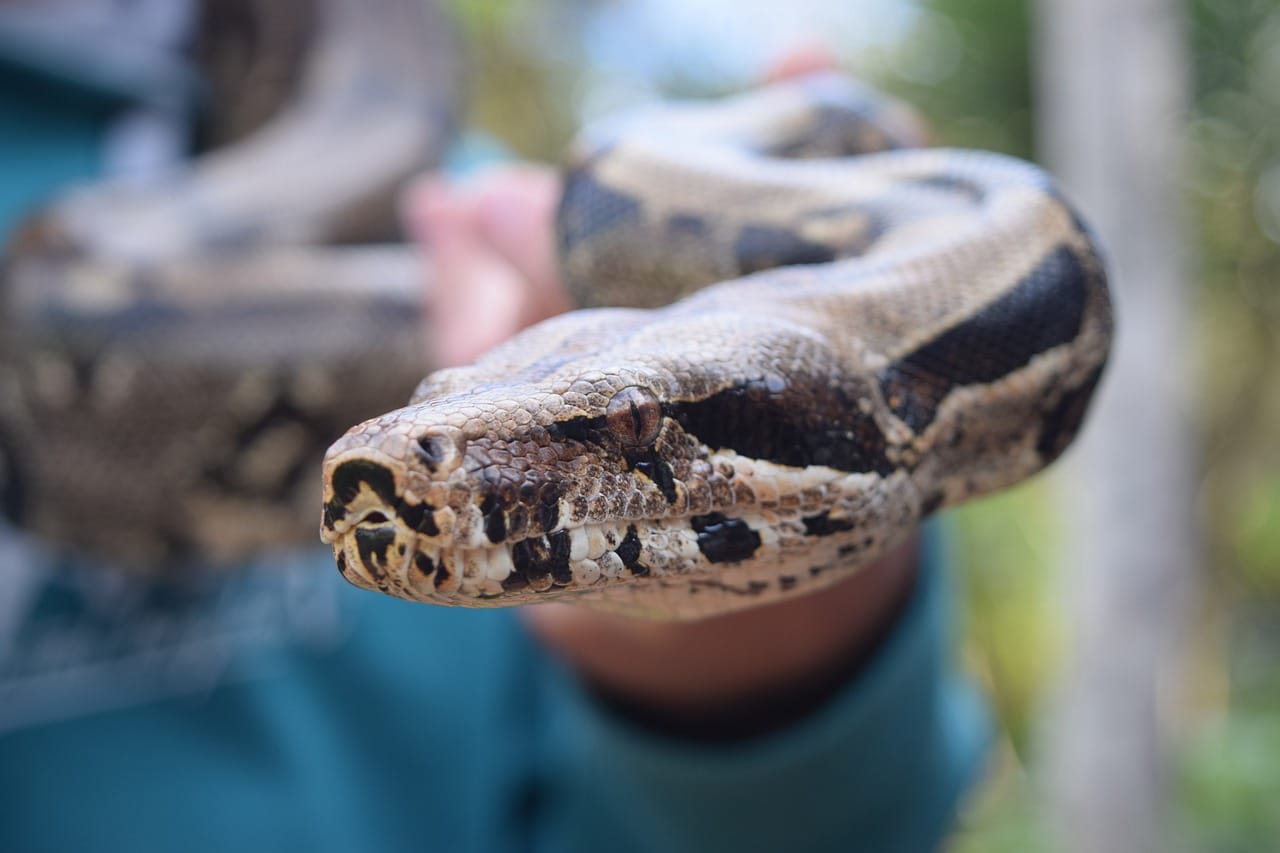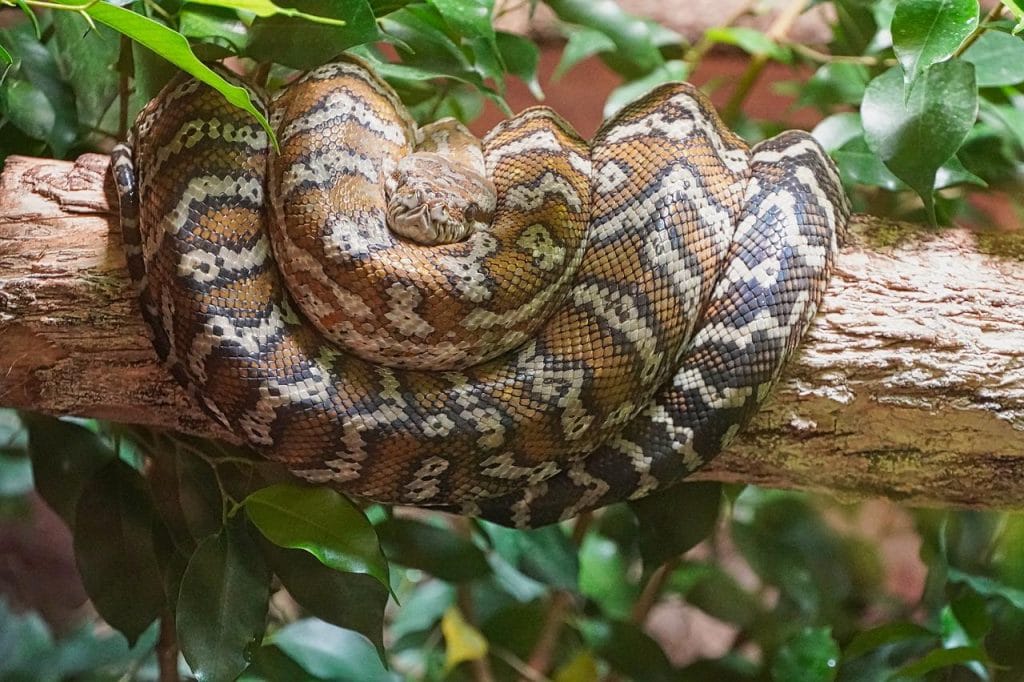The very name of these snakes - “boa constrictors” - hints that they kill their victims by cutting off the supply of oxygen to the lungs. We decided to check if this is actually true.
Information that boas, before eating their victims, strangle them, as if acting as a noose, can be found in the media (for example, in “Gazeta.ru», on the regional portal 74.ru, V "Moskovsky Komsomolets», publication "Neva.Today» and some others). About this write on popular science resources, websites zoos, portals about animals. IN services questions and answers users they tell about this for those who are interested in how exactly boa constrictors kill their victims.
It has long been believed that boa constrictors strangle their victims before swallowing them. However, this has long been questioned by scientists. Thus, in 1994, biologist David Hardy stated that strangulation is a fairly lengthy process, while victims of boa constrictors die or at least lose the ability to resist in less than a minute (his work is not publicly available, but his quote many modern researchers). Time is of the essence meaning for boas, since they often hunt quite large and dangerous prey. At the same time, they themselves have neither claws nor teeth to fight with it, so they need a mechanism that would allow them to immobilize the victim as quickly as possible. Hardy hypothesized that victims died as a result of circulatory or cardiac arrest. It remained untested for more than 20 years.
Not all scientists agreed with this theory. For example, American snake specialist Jesus Rivas, who observed anacondas in the wild for many years and was a field correspondent for National Geographic, came to the conclusion that they kill their victims by breaking their spines. He leads in his work examples from other researchers that confirm his observations. One of them is a case where an anaconda attacked a capybara. The snake did not have time to eat its victim, as it was attacked by other capybaras, so it was possible to study the animal’s body. It turned out that her spine was broken.
However, in 2015, a biologist from Dickinson College in the USA, Scott Boback, after several years of research on boa constrictors and the way they kill their victims, together with his team conducted experiment. Anesthetized rats were implanted with ECG electrodes and catheters to measure blood pressure, and their blood was also taken for analysis for further comparison. After this, the euthanized rodents were given to boa constrictors and changes in their vital signs were observed. Scientists saw that the blood flow of rats, after being compressed by a snake, stopped in a matter of seconds, blood pressure fell, and venous pressure, on the contrary, increased, and interruptions in the heart rhythm immediately began. At the end of the experiment, the rats were taken from the boas and studied the composition of their blood after a snake attack. In rodents, the level of potassium in the blood almost doubled and the pH level decreased, that is, squeezing seriously disrupted the functioning of the rats’ bodies. The experiment was carried out on only nine snakes and 24 rodents, but Bobak is confident that other types of boa constrictors kill in the same way. He plans to continue his research.
Thus, there is no scientific consensus yet on exactly how snakes kill—whether they break the bones of their victims or stop the blood flow (perhaps both, depending on the situation). Recent science-intensive experiments provide quite convincing evidence in favor of the circulatory arrest theory, but in order to say for sure, additional research is needed. But it can be considered established that this process is definitely not associated with suffocation, that is, interruption of the respiratory process, contrary to the name of these reptiles.
Not true
Read on the topic:
- Is it true that sharks don't eat people?
- Is it true that all fish are dumb?
- Is it true that crocodiles cry when they eat their victims?
- Is it true that zebras need stripes for camouflage?
If you find a spelling or grammatical error, please let us know by highlighting the error text and clicking Ctrl+Enter.







